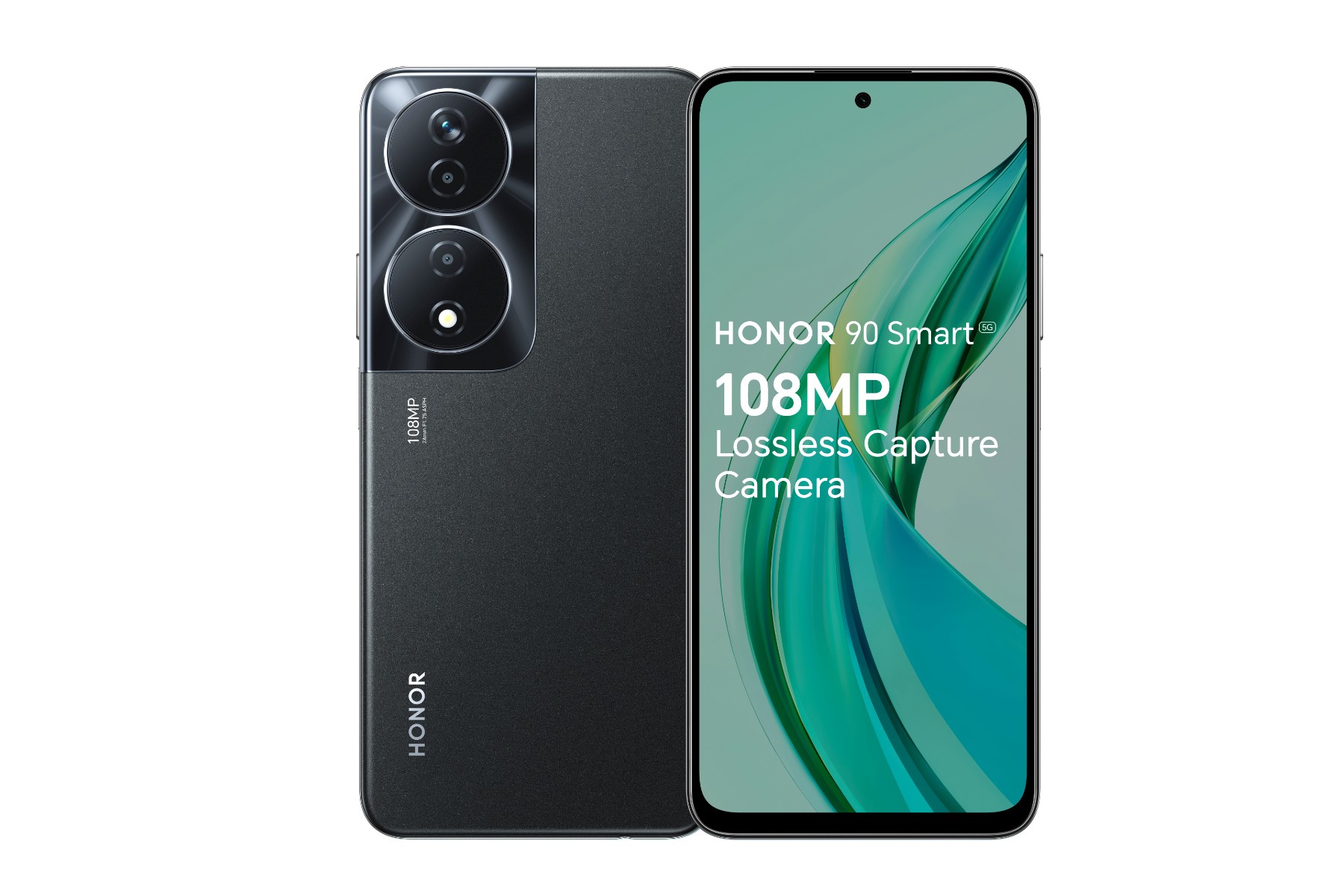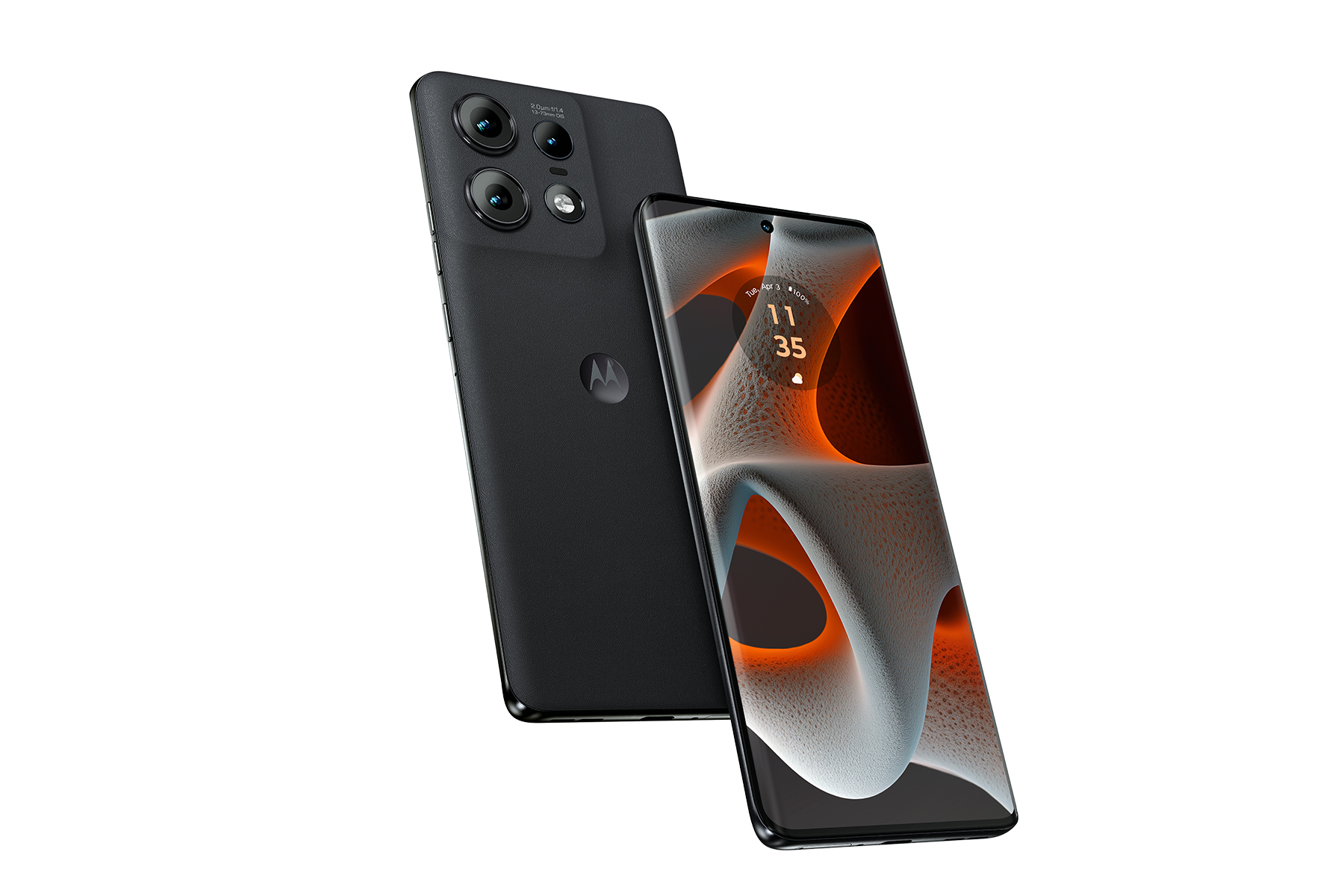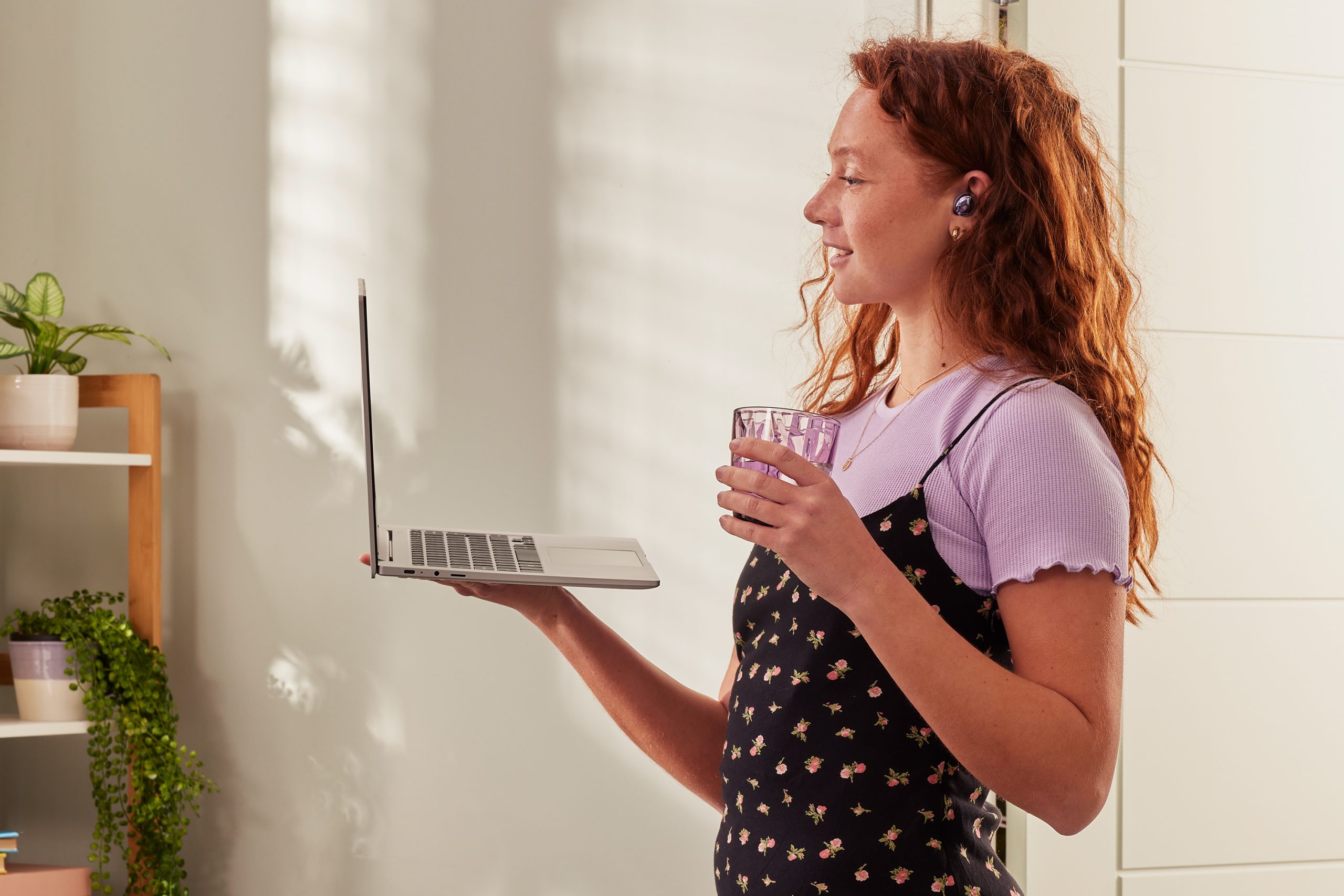
Vodafone is now selling a range of 4G-equipped Samsung laptops, but the key difference between all three isn’t what you’d expect.
For the first time, Vodafone is selling laptops. The three laptops from Samsung – the Galaxy Book, Galaxy Book Go and Galaxy Chromebook Go – can all connect to Vodafone’s 4G network, without having to rely on a smartphone. This allows you to get online for work, education or relaxation without having to hunt for WiFi when you’re out-and-about.
The key difference between the three models lies in their different operating systems – the software that, to put it simply, you use to control every aspect of your laptop from installing and using apps to sorting through files. Which Samsung 4G laptop you choose will greatly depend on which operating system (OS) best suits your needs.
Here’s what you need to know.
Samsung Galaxy Book
The Samsung Galaxy Book runs Microsoft Windows, an OS that almost all of us will be familiar with. Windows 11, the latest version, has refreshed versions of familiar features such as the Start menu, the taskbar and Snap for quickly arranging windows side-by-side.

One key Windows 11 feature that isn’t available yet is the ability to install Android apps from the Amazon Appstore. The range of apps through this Appstore will probably be a bit smaller compared to the Google Play Store on your Android phone, but it’s a feature that could still prove useful when it becomes available later in 2022.
If you prefer the way Windows works, or you depend on specific Windows programs in your daily life, then the Galaxy Book may well be the 4G laptop for you.
Samsung Galaxy Book Go
At first glance the Galaxy Book Go looks like any other Windows laptop, but it has a crucial difference from the Galaxy Book. While the suffix-less Galaxy Book uses one of Intel’s familiar Core processors like many other Windows PCs, the Galaxy Book Go does not. Instead, it uses a Qualcomm Snapdragon processor. Like the Snapdragons found in many Android smartphones, it promises high energy efficiency for long battery life.
Snapdragon processors are very different from Intel chips under the hood, so the Galaxy Book Go runs a special version of Windows (known to the technically inclined as Windows on ARM). It looks and works almost identically, but software developers must rewrite their Windows programs to get the most out of it and the new chip.
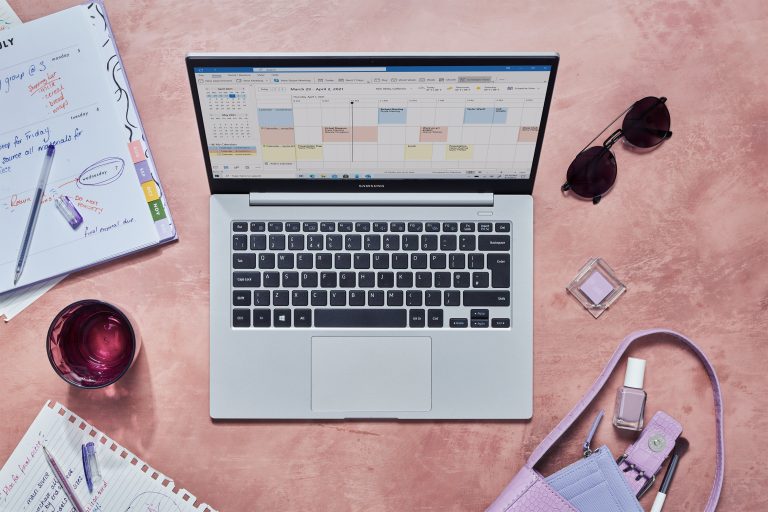
In the meantime, there is a translation feature for running existing Windows programs. There may be compatibility or performance issues though, so you should double check the software you use (contacting the developer would a good first step) before taking the plunge with the Galaxy Book Go.
As with Windows 11 on the Galaxy Book, Windows 11 on the Galaxy Book Go should get the ability to run Android apps from the Amazon Appstore later in 2022.
Samsung Galaxy Chromebook Go
As its name suggests, the Galaxy Chromebook Go is a different beast altogether and doesn’t use a Microsoft OS at all. Instead it uses ChromeOS from Google.
ChromeOS is unique in that almost all of its apps are actually sophisticated web pages running inside the Chrome web browser. These ‘web apps’ include versions of well-known titles such as Microsoft Office and Adobe Lightroom as well as many popular console games. Indeed, ChromeOS is effectively just the Chrome web browser itself.
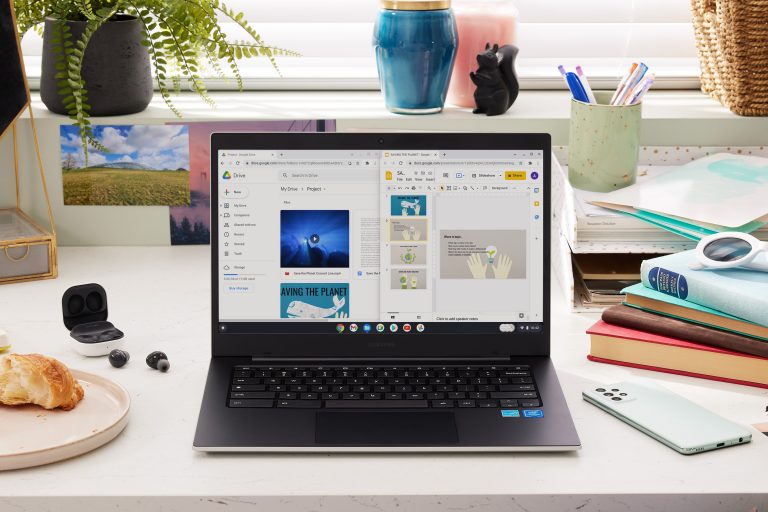
One of the main advantages of this approach is that it’s simple and hassle-free. There are very few settings to fiddle with or fret about and there’s no need to worry about updating apps with security fixes as web apps are up-to-date as soon as the developer makes any changes.
With some web apps, much of the heavy computational processing is done by the cloud, so ChromeOS laptops like the Galaxy Chromebook Go can get away with using less powerful, less expensive components – such as processors – while still delivering a smooth, premium experience. As all your files are stored by default on the cloud storage service Google Drive, they are automatically scanned for viruses, backed up and available from your other devices, such as your smartphone.
A partial exception to the Chromebook Go’s web-only approach is that it can also run Android apps downloaded from the Google Play Store. As Android apps are only sometimes designed for use with a keyboard and touchpad, it’s best to use them on the Galaxy Chromebook Go judiciously.
If the Galaxy Chromebook Go’s web-focussed approach suits you, then this 4G ChromeOS laptop could be the one for you.
Learn more about all three 4G Samsung laptops, and the range of available plans, on the Vodafone UK website.
Stay up-to-date with the latest news from Vodafone by following us on Twitter and signing up for News Centre website notifications.

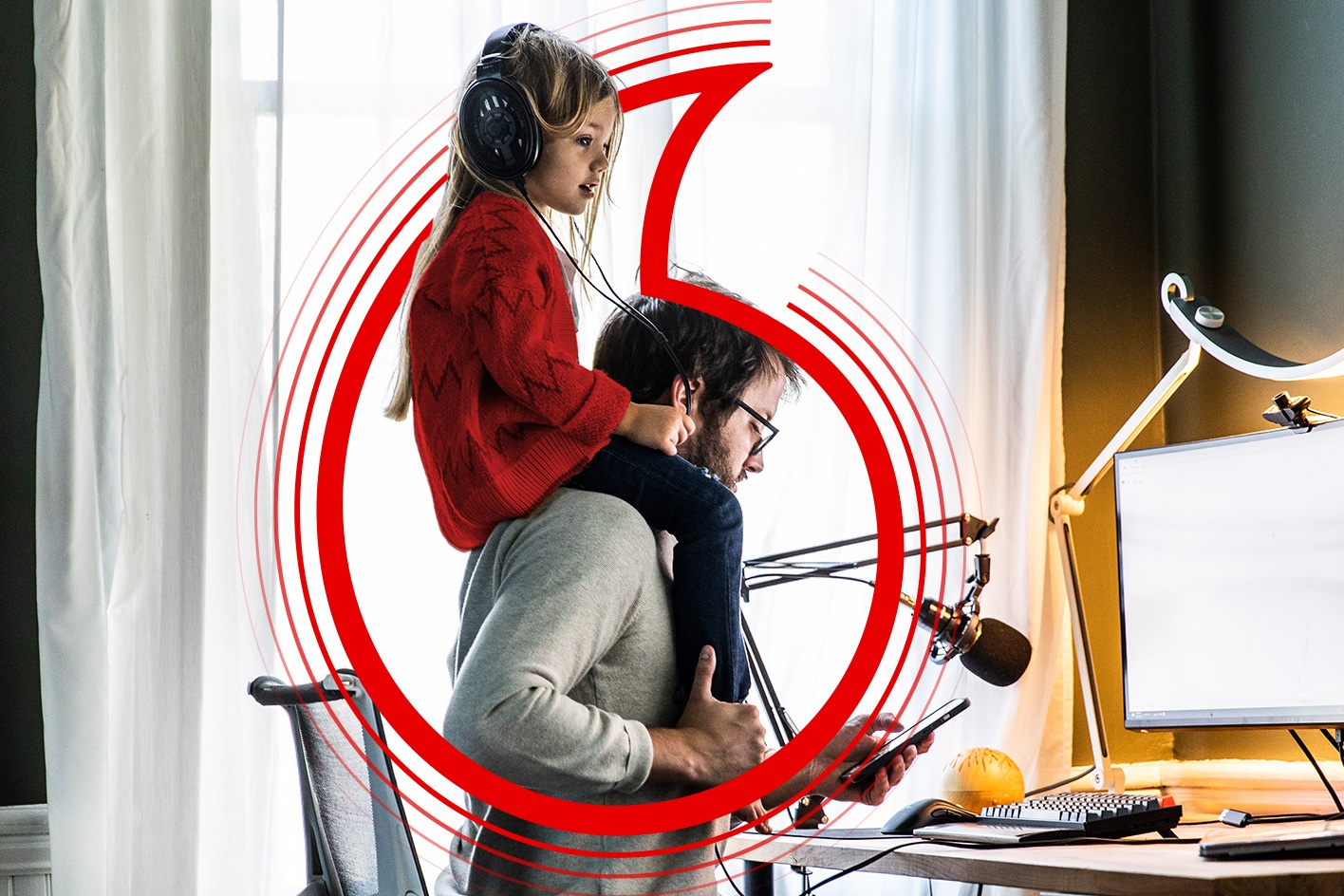


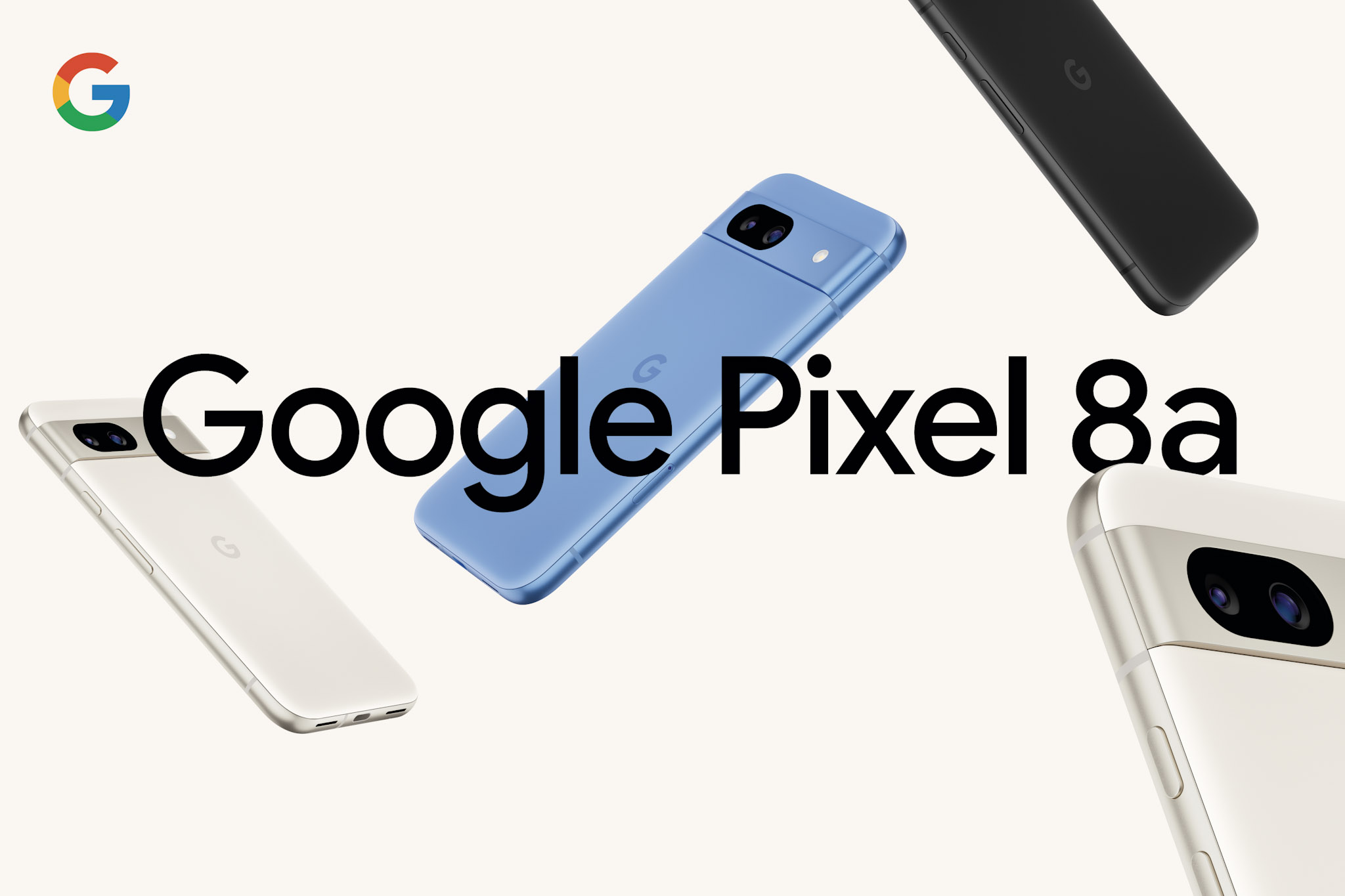

![Ben Wood [centre] at the launch of the Mobile Phone Museum exhibit at PK Porthcurno. Ben Wood [centre] at the launch of the Mobile Phone Museum exhibit at PK Porthcurno.](https://www.vodafone.co.uk/newscentre/app/uploads/2023/11/DSC04029.jpg)
